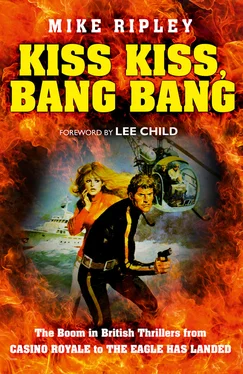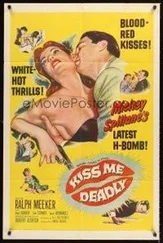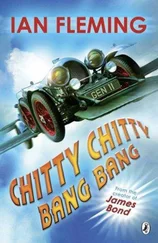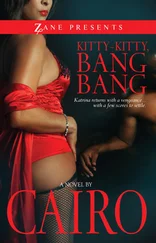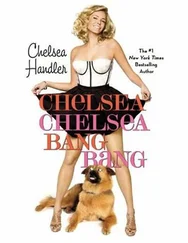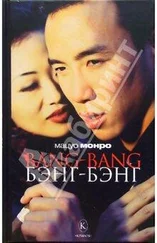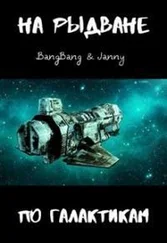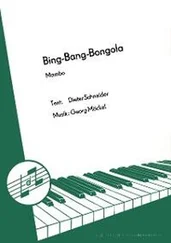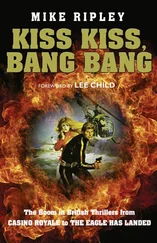1 ...7 8 9 11 12 13 ...19 Throughout the Fifties the British were washed with a steady stream of wartime imagery and military life and even two of the hit film comedies of 1958, Norman Wisdom’s The Square Peg and Carry On Sergeant (the first in the long-running – some would say interminable – series which would become a British institution) had WWII/National Service settings. Yet it was not only in the cinema. The war permeated the bookshops and libraries, two of the bestselling authors of non-fiction being Paul Brickhill and Lord Russell of Liverpool. Brickhill, an Australian fighter pilot and POW in Germany, became an international bestseller (and a fixture on most teenage boys’ bookshelves) with his retelling of true wartime exploits of the Royal Air Force. His books The Great Escape (1950), The Dam Busters (1951) which was the first Pan paperback to sell a million copies, and Reach for The Sky (1954), about the fighter ace Douglas Bader who had lost his legs in a pre-war flying accident, were said to have sold more than 5 million copies, been translated into seventeen languages and all were eventually made into very successful films. Lord Russell of Liverpool, a lawyer and a prosecutor of Nazi war criminals, was inspired and appalled by his legal duties and produced a controversial bestseller in 1954 in Scourge of the Swastika . This history of Nazi war crimes shocked and awed a huge readership, whilst attracting criticism for being sensationalist. Seemingly undeterred, Lord Russell followed up his success with The Knights of Bushido , dealing with Japanese war crimes and atrocities in the Far East, in 1958. 2
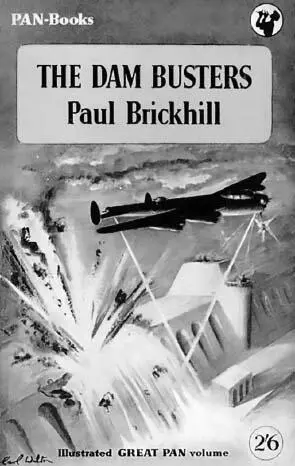
The Dam Busters , Pan, 1954
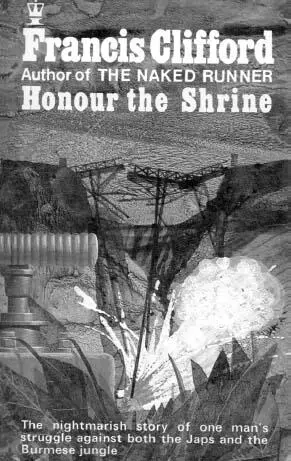
Honour the Shrine , Coronet, 1968
Conditions in Japanese prison camps had already been chillingly documented in Russell Braddon’s The Naked Island , published with drawings by Braddon’s fellow POW Ronald Searle (famous for his illustrations of St Trinian’s and the Molesworth books). The book’s original publication date in February 1952 was overshadowed by the death of King George VI and the initial print run cut to 3,000 copies. Despite few reviews and little publicity, the reputation of the book spread and by the summer of 1952, thanks to rapid reprinting, it had sold 100,000 copies. It was published as a Pan paperback in 1955 with a cover that became iconic – a defiant prisoner giving Churchill’s ‘V-for-Victory’ sign to a threatening Japanese bayonet (a variation of that cover still being used in the 1980s) – and went on to sell more than a million copies. Pan Books had another success on their hands with the epic escape story You’ll Die in Singapore by Charles McCormac (reprinted by Pan Australia as recently as 2009).
The biggest (in more ways than one) non-fiction blockbuster came in 1960 with American journalist William Shirer’s The Rise and Fall of the Third Reich , the bestselling 1,200-page popular history title, and a positive text book for would-be thriller writers. If anything, it was to cause an even bigger sensation when it appeared in the UK as a paperback on 8 May 1964 at the unprecedented price of twelve shillings and sixpence (12/6). 3
Therefore, it should be hardly surprising that in this climate, many a fledgling thriller writer would, either instinctively or at the behest of an editor or agent, make their debuts with a war story. The ultimate exemplar of this syndrome is Alistair MacLean, whose first novel HMS Ulysses (based on his personal wartime experience) set in the fierce and frozen battleground of the Arctic convoys to Russia launched his international career in 1955 when it became the first novel to sell 250,000 copies in hardback within six months of publication.
MacLean was to draw on his naval service during WWII for background to his next two novels, The Guns of Navarone (1957) and South by Java Head (1958), but whereas Ulysses was a war story , and indeed a thrilling one, Navarone and Java Head were thrillers with a wartime setting. They both had casts of soldiers or sailors (plus a few suspicious civilians) and there was a war going on, the setting being a clearly identified theatre of WWII – the Aegean Sea and the immediate aftermath of the fall of Singapore in 1942. But the plots contained something more than straightforward military actions – they were there, but there was something else going on beneath the surface. Is there a traitor among the central, usually small, group of characters? Is the ‘mission’ or ‘objective’ the real agenda of the plot? Will our heroes survive against the elements (the sea, mountains, storms, etc.) as well as the official enemy (the Germans and the Japanese) and the enemy within?
And with all these ‘MacGuffins’ (as Hitchcock would have called them) played out against a ticking-clock scenario, MacLean invented a template for the adventure thriller which he soon moved out of the wartime milieu with great success. MacLean was to return to WWII again later in his writing career and he was far from alone in using personal wartime experience and war stories as an entré into the thriller business.
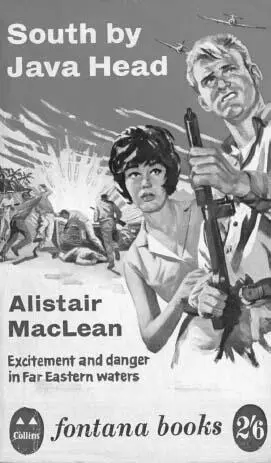
South by Java Head , Fontana, 1961
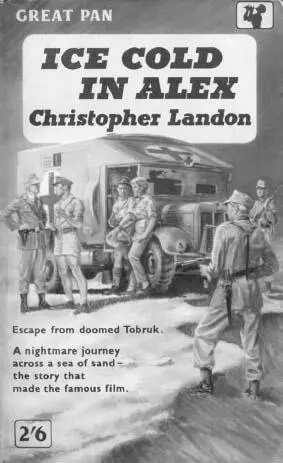
Ice Cold in Alex , Pan, 1959
Christopher Landon’s best-known book remains Ice Cold in Alex (1957), for which he wrote the screenplay for the very successful film starring, inevitably, John Mills, which was certainly based on his own wartime experiences in the Medical Corps in the Western Desert. Landon’s debut, however, had been a gripping and much underrated spy thriller set in Tehran and wartime Persia where he also served, A Flag in the City , which was published in 1953, the year of Casino Royale .
Interestingly, one of the other stars of Ice Cold in Alex had already extended his acting career into thriller-writing based closely on his wartime experiences. Anthony Quayle (1913–1989) had served with the Special Operations Executive during the war, rising to the rank of major. An unsuccessful SOE operation ‘behind the lines’ in Albania gave him the basis for a novel, Eight Hours from England , which was published in 1945, and which reviewers said had ‘masculine appeal’. A second thriller, On Such a Night (which had a British wartime Cabinet minister suspected of treason), followed in 1947 and became a successful paperback in 1955, the year of HMS Ulysses . Quayle, later made Sir Anthony, wrote no more thrillers but went on to act in some memorable film thrillers with wartime settings, including The Guns of Navarone , Operation Crossbow and The Eagle Has Landed .
The year 1953 had also seen (from the same publisher as Casino Royale ), the debut novel of Francis Clifford, a genuine and very modest war hero. Honour The Shrine was a brutally honest WWII story set in Burma – possibly autobiographical – about a commando raid to destroy a Japanese railway bridge over a river. (The rather more famous The Bridge Over the River Kwai by Pierre Boulle had been published in French in 1952 but the English translation did not appear until 1954.) Clifford was to become one of the most respected – and yet strangely instantly-forgotten after his death – British thriller writers. He returned to the jungles of Burma in fiction with a gruesome and utterly gripping war novel in A Battle Is Fought to Be Won in 1960. 4
Читать дальше
